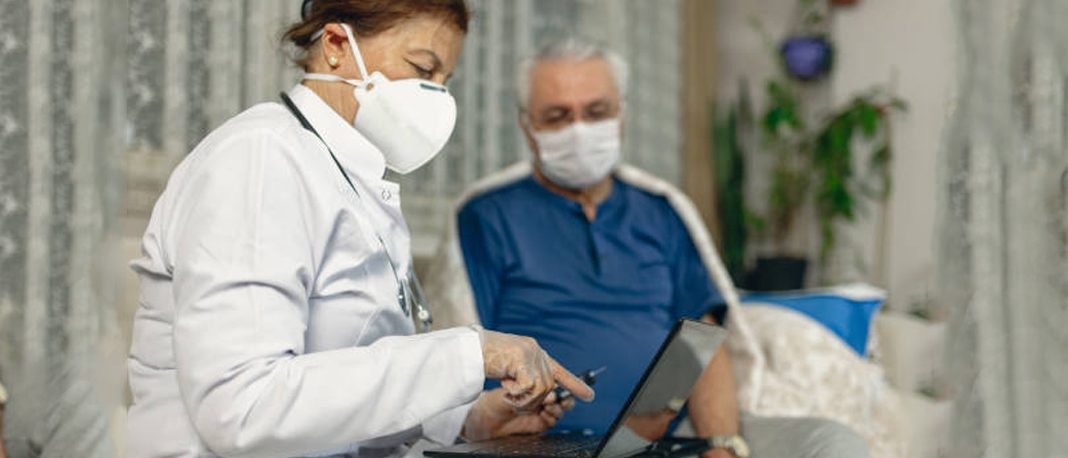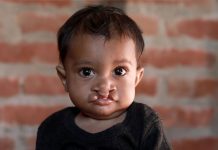On the International Day of Older Persons(October 1), a new digital application was launched by the World Health Organization(WHO) to monitor the health of older people. The digital application called WHO ICOPE handbook is attributed to help the health and social welfare groups in diagnosing and treating the health of older peoples who are suffering from various health issues. The WHO ICOPE handbook provides proper guidance for health and social care groups to train older people and develop a personalized plan. It is cost-efficient and friendly which can be used for any old aged person.
The speed of population aging in the world is expanding drastically. For the first time in history, the people are expected to live longer than their usual sixties. According to the United Nation report, the world’s population is expected to increase from 7.7 billion to 9.7 billion by the end of 2050.
“Such innovation will enable older people to continue doing the things they value and prevent them from social isolation and care dependency. ,” says Dr. Islene Araujo de Carvalho, group lead on aging and integrated care at WHO.
WHO ICOPE Handbook Is for
- People over the age of 60
- Healthy life at age 60 and above
- People who are undergoing long term medical care
- To Reduce the Causes of death in aged people
- People with common impairment like vision and hearing loss
WHO ICOPE Does Screening for
- Mobility limitations
- Malnutrition
- Visual impairment
- Hearing loss
- Cognitive capacity
- Depressive symptoms
Mobility Limitations
Limited mobility is common among old people which causes physical or orthopedic impairment and leads to serious loss of motor functions. Whereas increasing mobility supports aged persons to travel from one place to another and help them to recover from arthritis, fracture, and other diseases.
Malnutrition
Both inadequate nutrition and lack of exercise cause malnutrition in older people. Malnutrition in older people causes various health issues like a weak immune system, poor wound healing, deceased bones & muscles, and finally, it leads to death.
Visual Impairment
Visual impairment becomes more common in aged people. It might be near-sightedness, farsightedness, cataracts, glaucoma, and macular degeneration. Untreated visual impairment leads to anxiety and depression in them.
Hearing Loss
Hearing loss comes gradually as a person gets older. It might be due to a genetic issue or due to the changes in the inner ear or the complex changes in the nerve pathways of the ear and the brain. This leads to isolation, frustration, dependence, and communication disorder.
Cognitive Capacity
Cognitive capacity is the total amount of information that a brain can restore and retain at a specific timing. When it gets reduced the person will have trouble remembering and loss of concentration that affects a particular person’s everyday life. This is also common in aged people.
Depressive Symptoms
Depression is a mental health disorder that causes an unwanted change in moods which affect the person’s day to day life that includes insomnia, loss of appetite, less energy level, loss of concentration, and changes in daily behavior.
WHO ICOPE Handbook Explores
- Screening – The WHO ICOPE screening is the first step in this process. The screening will be done for the above mentioned 6 conditions. Those who have losses in intrinsic capacity and other signs in this step will be taken to the next step.
- Assessment – To undertake the person-centered assessment for the older person it involves the following steps
- To understand the life of the person.
- Assess in-depth to understand the conditions.
- Assess and manage the underlying disease.
- Assess social care and support.
- Personalized plan care development – To define the goal of care and develop a personalized care plan that involves optimizing their intrinsic capacity and fundamental ability.
The Health of Older People -An Initiative by WHO
As people age, they tend to change both physically and mentally weak, which becomes more complex to treat them. Health services are introduced to cure their problems and to manage the upcoming health issues. So that they can lead healthy aging without depending on anyone.
“It is essential that services for older people are included in universal health care packages. At the same time, there needs to be good coordination between the health and social services to provide optimal care when needed. The new package of tools supports healthy aging with a person-centered and coordinated model of care” says Dr. Anshu Banerjee, Director of the Department – Newborn, child, Maternal, Adolescent health, and aging at WHO.
Aged peoples are often considered a burden or dependents of society. To change this thought the World Health Organisation (WHO) has come up with a WHO ICOPE Handbook Application that made older people experience healthy aging from their own comfortable place through health and social care services. This can be achieved only when everybody supports the system and understands the critical role done by health and social care peoples. Apart from the medical alert system and other resources, social and health care people might also need this application to improve the health of older people.

















